Why Does My Dog Eat Grass? Is It Harmful?
If you’re a dog parent, chances are you’ve seen your furry friend munching on grass at some point. This quirky habit can leave many of us scratching our heads, wondering if it's normal or if it could harm our beloved pet. Is it a craving, a sign of something more serious, or simply a bit of canine curiosity? Let’s dive into the possible reasons why dogs eat grass, what it might mean, and whether it’s something we should worry about.
Why Do Dogs Eat Grass?

Dogs eat grass for a variety of reasons, and while we might never know exactly why our own dog does it, there are some common explanations.
1. Natural Instincts
Dogs are animals with deeply rooted instincts. In the wild, their ancestors might have eaten grass to help digest their food or even cleanse their stomach. Grass-eating could simply be a holdover from those ancestral habits. Though today’s dogs don’t need to hunt or scavenge, these behaviors often remain ingrained, popping up here and there.
2. Dietary Needs and Curiosity
Sometimes, dogs eat grass because they might be missing certain nutrients or fiber in their diet. Grass is loaded with fiber, which helps with digestion. If your dog is craving something that their regular food isn’t providing, they might turn to grass as a filler. They may also just be curious, exploring new tastes and textures with their mouth—like a toddler who touches everything.
3. Upset Stomach Relief
One of the most common theories is that dogs eat grass to ease an upset stomach. It might sound strange, but some dogs seem to instinctively eat grass to help themselves vomit, clearing out whatever is bothering them inside. If your dog eats grass and then vomits, it could be their way of self-medicating. However, this doesn’t mean all grass-eating ends in throwing up; plenty of dogs munch on grass without any follow-up mess!
4. Attention or Boredom
Just like people, dogs can get bored and look for something to do. If eating grass gets a reaction from you, they might see it as a way to get attention. In other cases, it might simply be something to pass the time, especially if they’re left alone or don’t have enough to occupy them.
5. Simply Tasting Their World
Dogs explore the world with their noses and mouths, tasting and sniffing anything that piques their curiosity. Grass is a common and easy snack to access when they’re out and about. It’s part of how they experience life—so a nibble on some grass may simply be their way of understanding their environment.
Is Eating Grass Harmful to Dogs?

Good news! For the most part, eating grass is a harmless behavior in dogs. It’s a natural habit, and most dogs don’t have any adverse reactions. However, there are a few things to keep in mind.
1. Watch Out for Chemicals
One of the main risks isn’t the grass itself but what’s on it. Many lawns are treated with pesticides, herbicides, or fertilizers that can be toxic to dogs if ingested. If your dog likes to graze, be cautious about where they’re snacking. Try to keep them away from any treated grass areas, and opt for spots you know are free from harmful chemicals.
2. Choking Hazards and Plant Dangers
Some grasses are fine, but others could potentially cause issues. Certain sharp or coarse grasses can irritate the throat or digestive system. Additionally, plants like foxglove, azaleas, or other garden plants can be toxic if ingested. Always be aware of what’s growing in your yard or at the park.
3. Vomiting Could Be a Red Flag
While occasional grass-induced vomiting isn’t unusual, it’s a good idea to keep an eye on it. If your dog frequently eats grass and vomits, it may indicate an underlying digestive issue. A dog that’s regularly trying to clear their stomach might be experiencing nausea or another digestive problem that should be checked by a vet.
How to Help if Your Dog Eats Grass Often

If you notice your dog is a regular grass-eater, consider trying a few simple changes to help them get the nutrients or stimulation they may need.
1. Boost Fiber in Their Diet
Sometimes, grass-eating can signal a need for more fiber. Try adding dog-safe veggies like carrots, pumpkin, or sweet potatoes to their diet. Fiber can improve digestion and may curb the desire to munch on grass.
2. Exercise and Enrichment
Dogs are active, curious animals who need regular stimulation and exercise. Try to make time each day for play, walks, or training sessions to keep them entertained. Enrichment activities like puzzle toys, scent games, or fetch can make a big difference, especially if boredom is the issue.
3. Hydration Matters
Dogs sometimes eat grass because they’re thirsty, especially in hot weather. Make sure they have fresh water available at all times, and carry some on walks or during playtime in the park.
4. Watch Their Behavior
Observe how and when your dog eats grass. Is it only in certain spots? Do they do it when they’re alone or when they want your attention? Knowing the pattern can help you understand what’s motivating them, allowing you to make adjustments as needed.
When to Consult a Vet
While occasional grass-eating is usually harmless, it’s best to keep an eye on it and check in with your vet if you notice unusual behavior or signs of discomfort. Here are some situations when reaching out to your vet is a good idea:
- Frequent Vomiting: If your dog vomits every time they eat grass or shows signs of nausea, your vet can rule out any potential digestive issues.
- Loss of Appetite: A decreased appetite combined with frequent grass-eating might signal an underlying health concern.
- Unusual Behavior: If you notice lethargy, unusual drooling, or changes in bowel movements, it’s worth consulting a vet to make sure nothing serious is going on.
Final Thoughts: Is Grass-Eating Normal?
Yes, grass-eating in dogs is quite common and generally harmless. For many dogs, it’s simply a natural instinct or a form of self-expression. As long as they’re not in any distress, there’s no need to worry too much about it. Just keep an eye on where they graze, make sure they’re getting a balanced diet, and spend time with them to keep their lives enriched.
Our dogs bring so much joy into our lives, and understanding their little quirks helps us connect with them on a deeper level. So, the next time you catch your dog nibbling on some grass, remember: it’s usually just another part of their world.
FAQs
1. Can eating grass cause diarrhea in dogs?
In most cases, grass doesn’t cause diarrhea in dogs. However, if your dog eats a large amount of it, it might upset their stomach. Always monitor their behavior after eating grass.
2. Should I stop my dog from eating grass?
Not necessarily. If the grass is untreated and your dog seems fine, occasional grass-eating is usually safe. But if they’re doing it excessively or seem uncomfortable afterward, consult your vet.
3. Are there any plants I should keep my dog away from?
Yes! Plants like lilies, azaleas, and foxglove can be toxic to dogs. Always research and make sure your yard is free of harmful plants if your dog is a grazer.
4. How do I know if my dog needs more fiber?
If your dog has irregular bowel movements or seems to graze on grass regularly, they may benefit from more fiber. Consult your vet for the best dietary options.
5. Does grass-eating mean my dog has worms?
Not directly. While some believe grass-eating can signal worms, it’s not a definitive sign. If you’re concerned about worms, ask your vet about a deworming test and options.


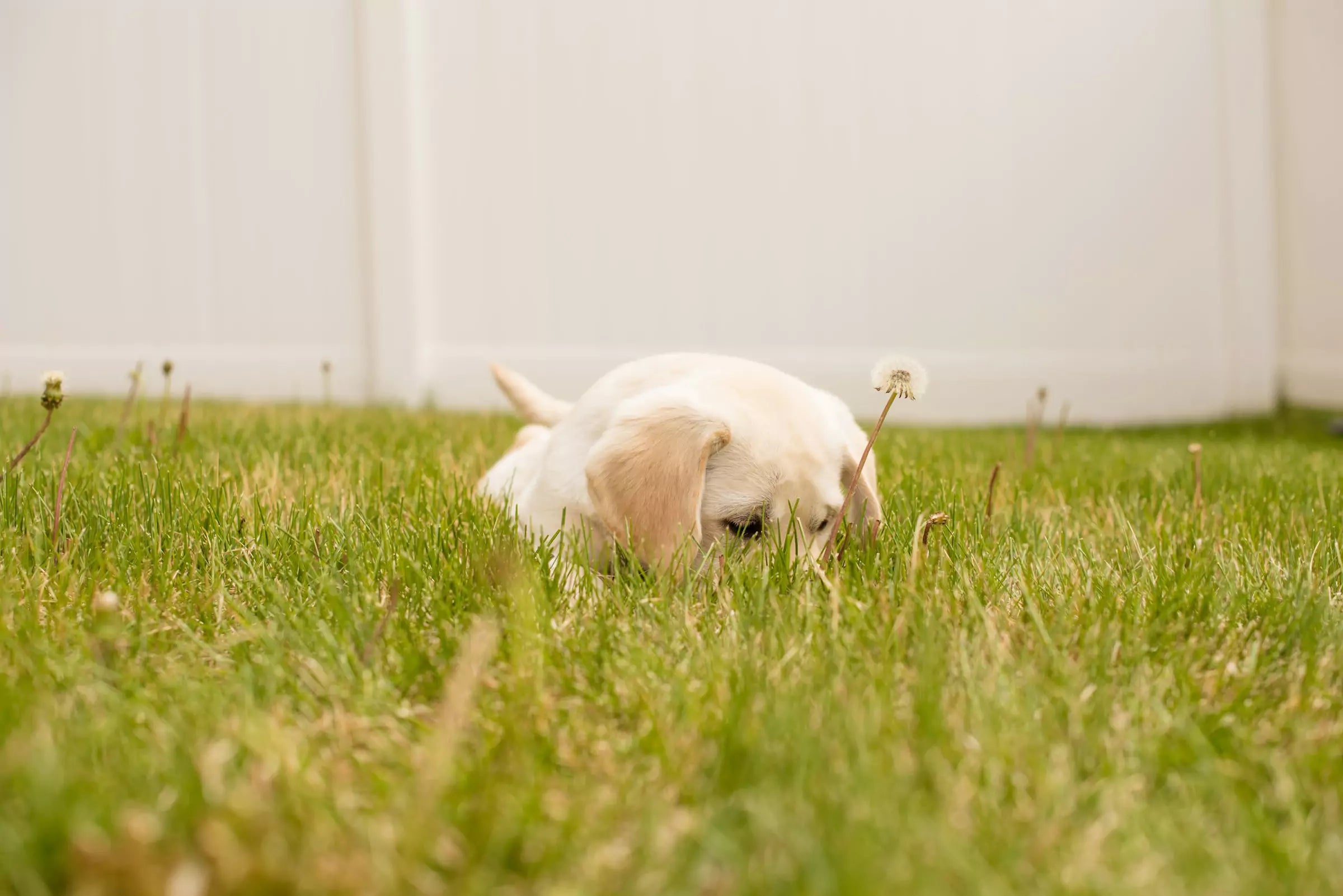
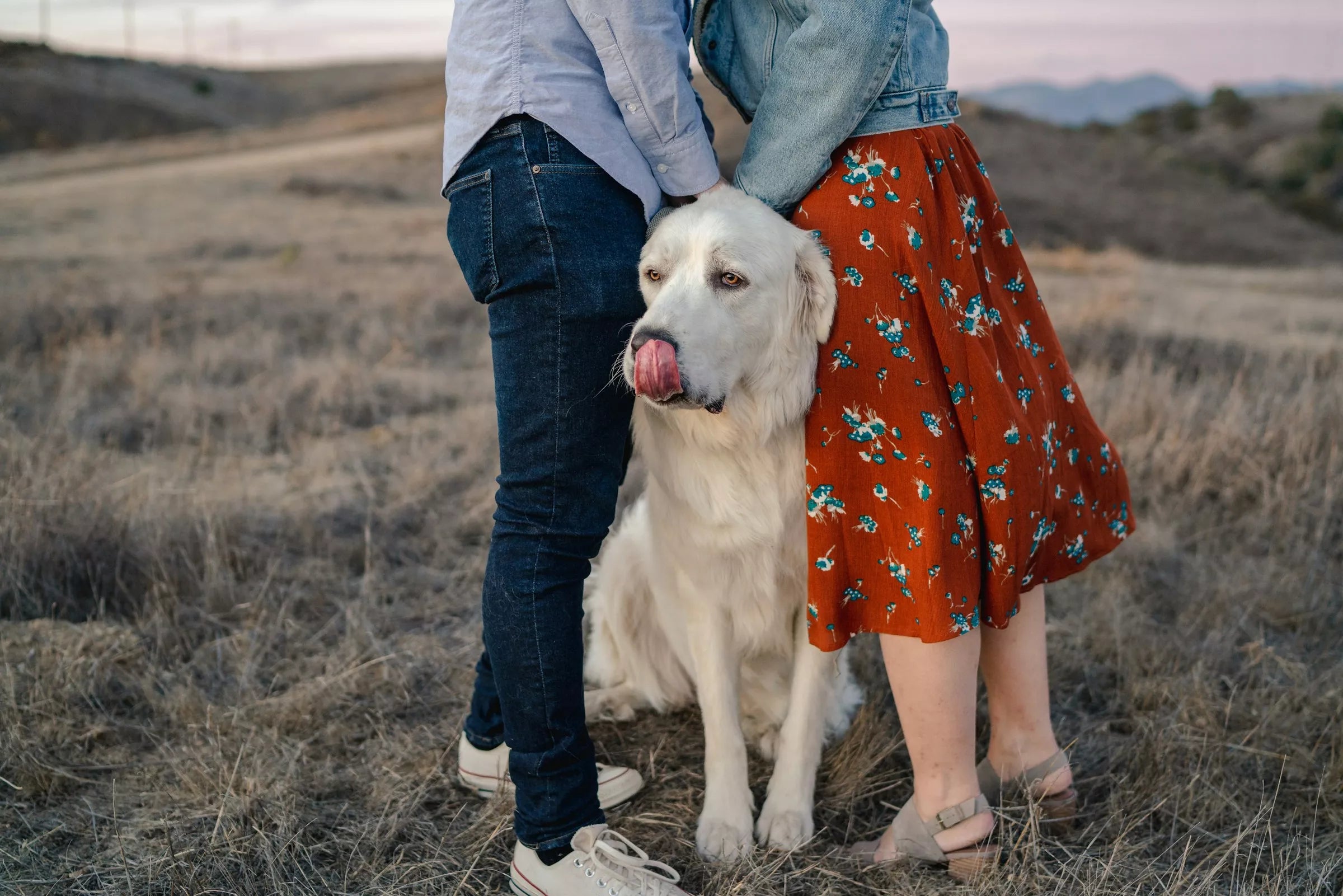
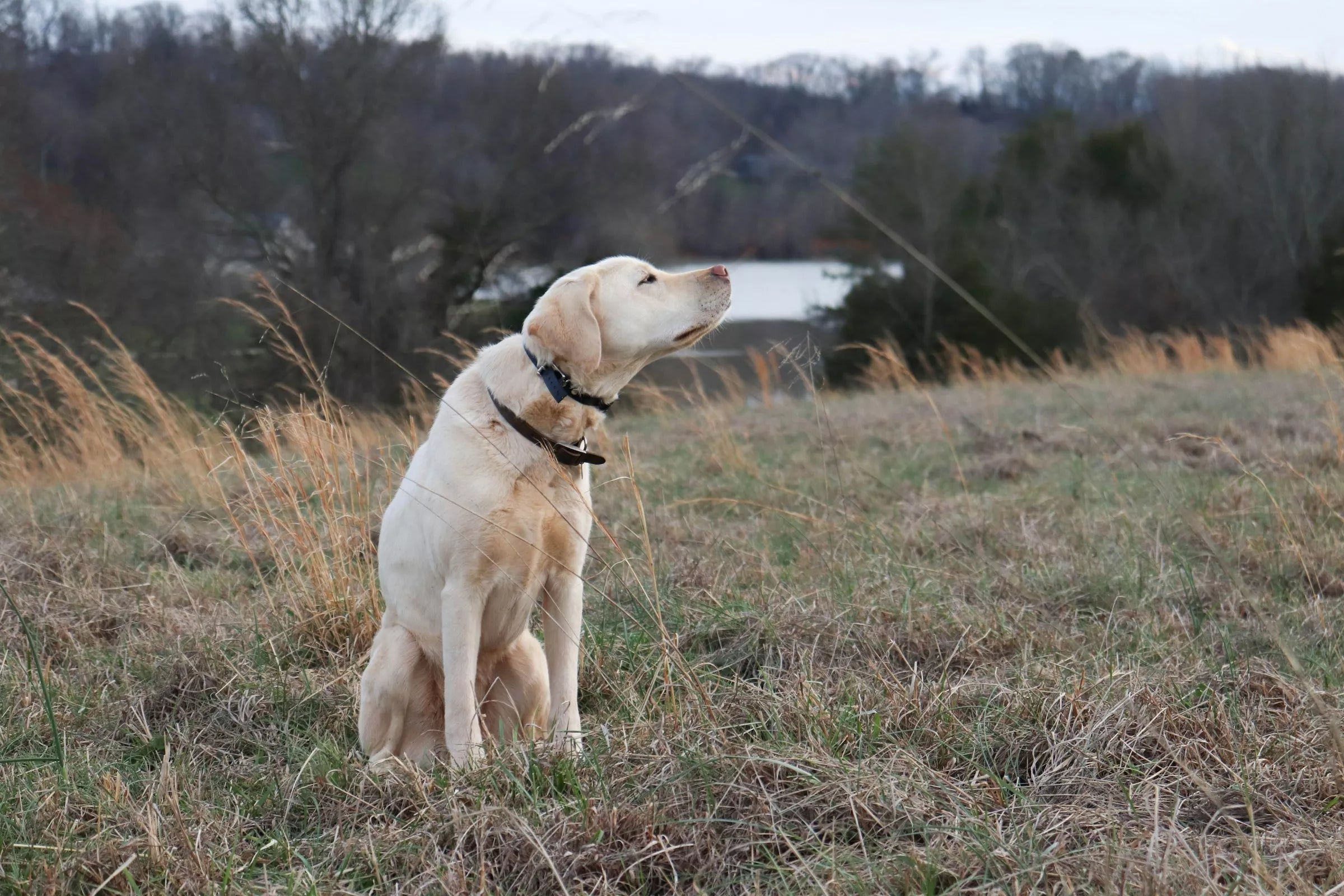

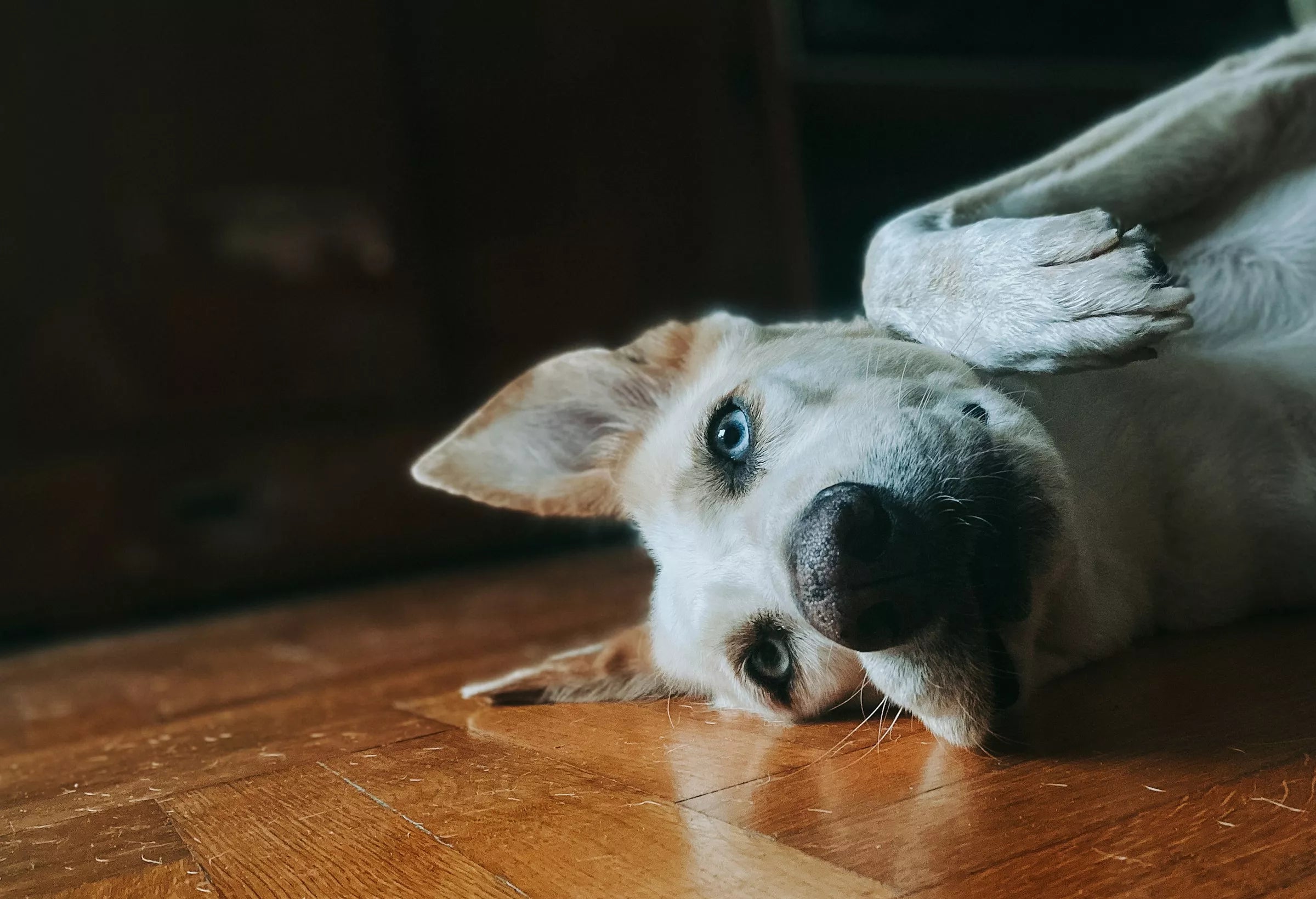
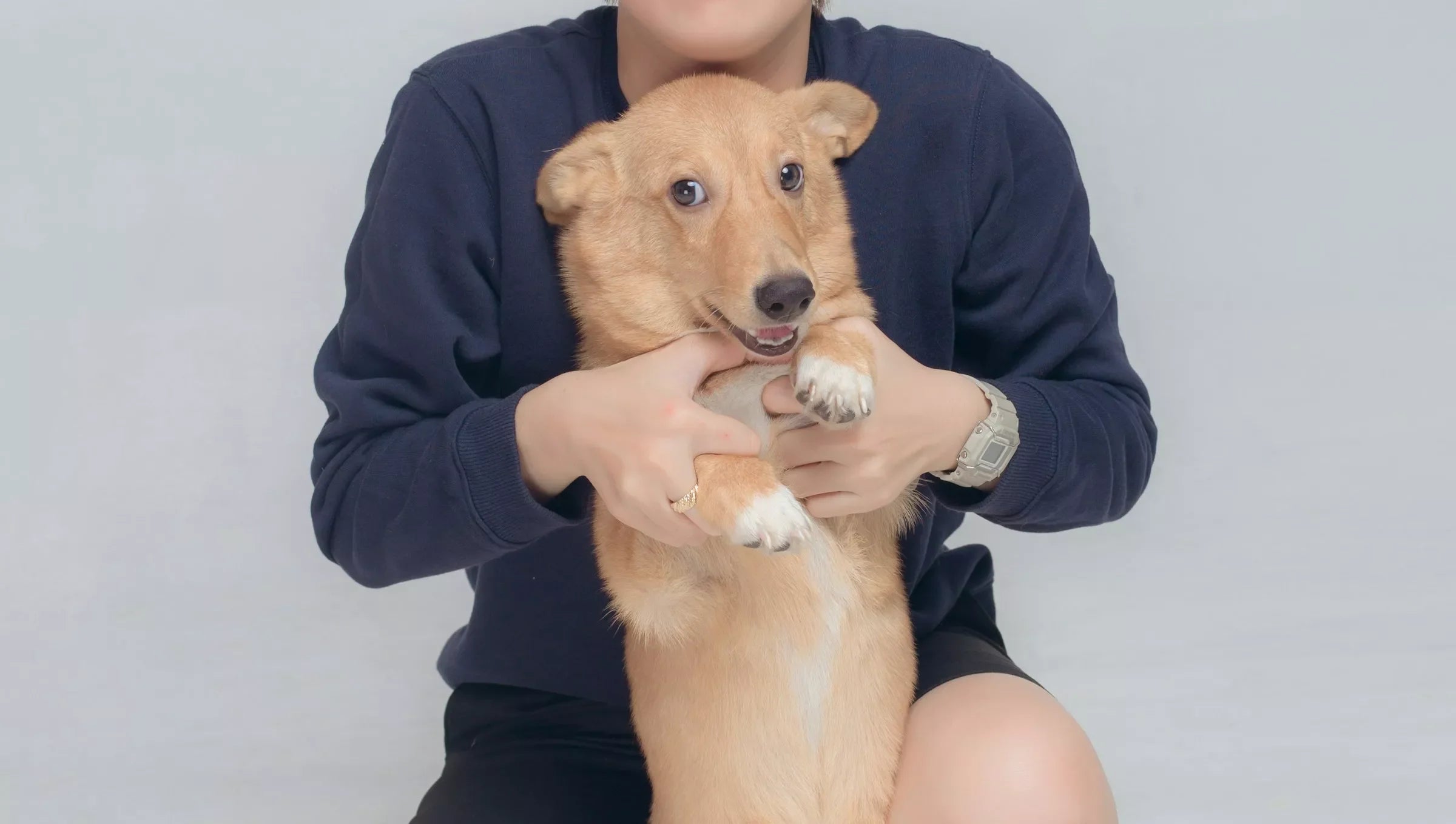
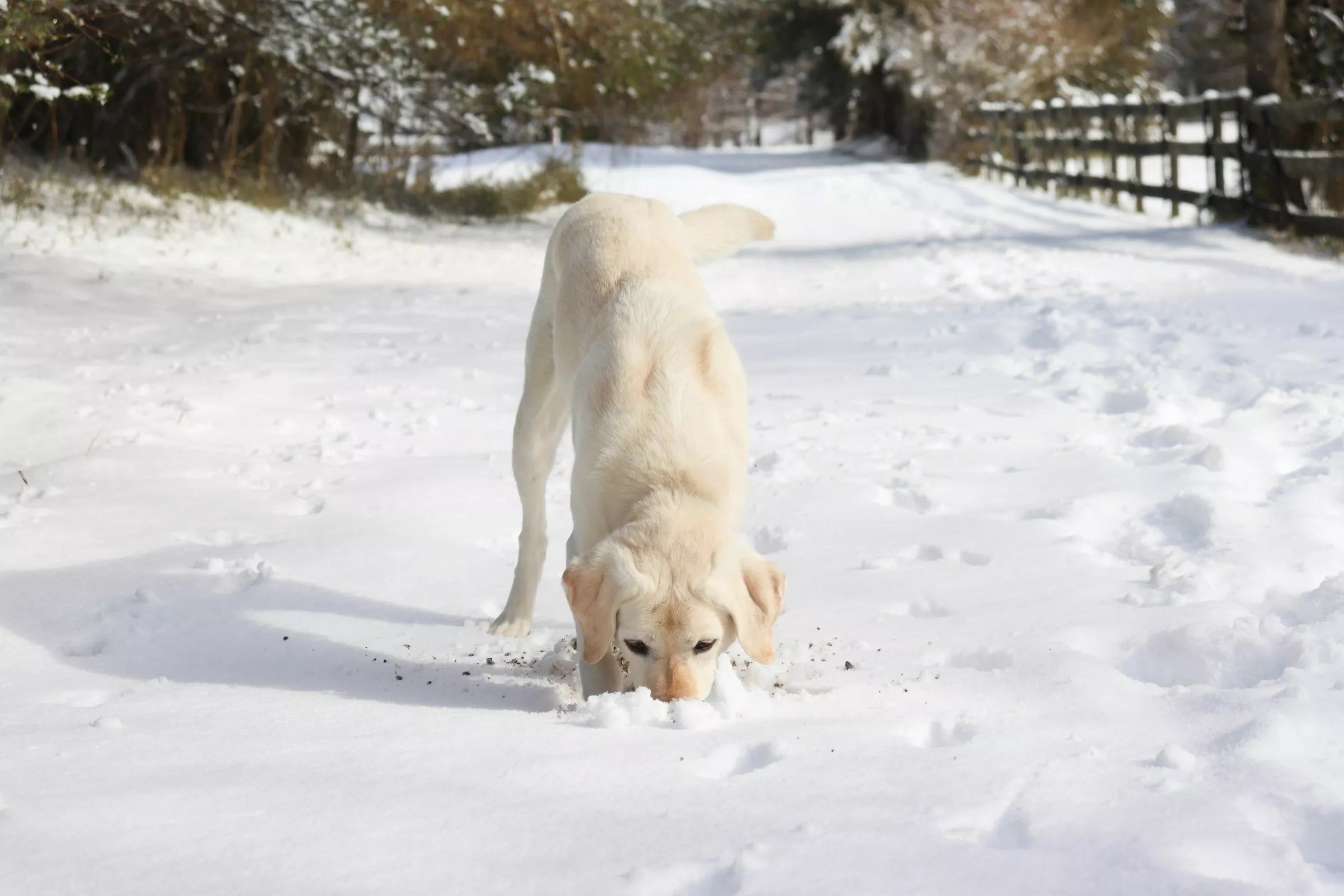






Share:
5 Tips for Easy, Stress-Free Car Rides with Your Dog
How to Help Your Dog Lose Weight Safely